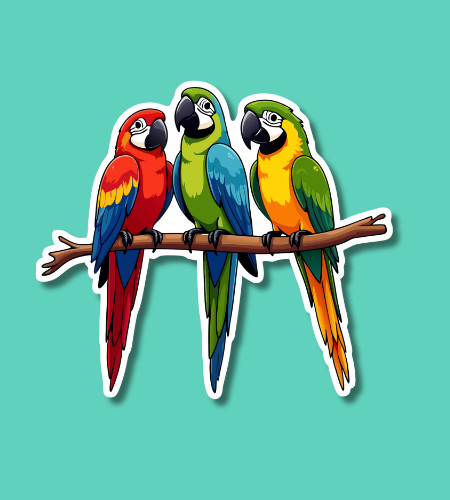World Parrot Day is celebrated annually on May 31, dedicated to raising awareness about the conservation of parrots and the challenges they face in the wild and captivity. Established in 2004 by the World Parrot Trust, this day highlights the importance of protecting these vibrant and intelligent birds.
History of World Parrot Day
World Parrot Day was initiated in 2004 by the World Parrot Trust to spotlight the threats facing parrot species globally. The inaugural event took place in London’s Trafalgar Square, where a rally was held, and a petition with over 33,000 signatures was submitted to the UK Prime Minister, advocating for a ban on the import of wild-caught parrots into the European Union. This campaign led to the EU implementing such a ban in 2007. 1
Since its inception, World Parrot Day has grown into a global observance, with zoos, conservation organizations, and bird enthusiasts participating in events and educational activities to promote parrot conservation and welfare.
Why is World Parrot Day important?
Parrots are among the most endangered bird groups, with habitat loss, illegal wildlife trade, and climate change posing significant threats to their survival. World Parrot Day serves as a platform to educate the public about these issues and to promote actions that can help protect parrot species and their habitats.
Additionally, parrots play crucial roles in their ecosystems, such as seed dispersal, which aids in forest regeneration. Their decline can have cascading effects on biodiversity. By raising awareness and encouraging conservation efforts, World Parrot Day contributes to the preservation of these essential ecological functions.
- Highlights the threats facing parrot species worldwide
- Promotes conservation efforts to protect parrots and their habitats
- Educates the public about the ecological importance of parrots
- Encourages responsible pet ownership and discourages illegal trade
- Supports global biodiversity and ecosystem health
How to Celebrate World Parrot Day
Celebrating World Parrot Day can involve various activities aimed at promoting parrot conservation and appreciation. Visiting local aviaries or zoos that participate in World Parrot Day events can provide educational experiences about different parrot species and their conservation statuses.
Individuals can also support parrot conservation by donating to organizations dedicated to protecting these birds, such as the World Parrot Trust. Sharing information on social media using hashtags like #WorldParrotDay can help raise awareness. For those considering parrots as pets, it’s essential to research and understand the responsibilities involved, ensuring that any pet parrots are sourced ethically and cared for properly.
- Visit local zoos or aviaries hosting World Parrot Day events
- Donate to parrot conservation organizations
- Share educational content on social media with #WorldParrotDay
- Learn about responsible parrot pet ownership
- Participate in community events focused on wildlife conservation
Fascinating Facts About Parrots
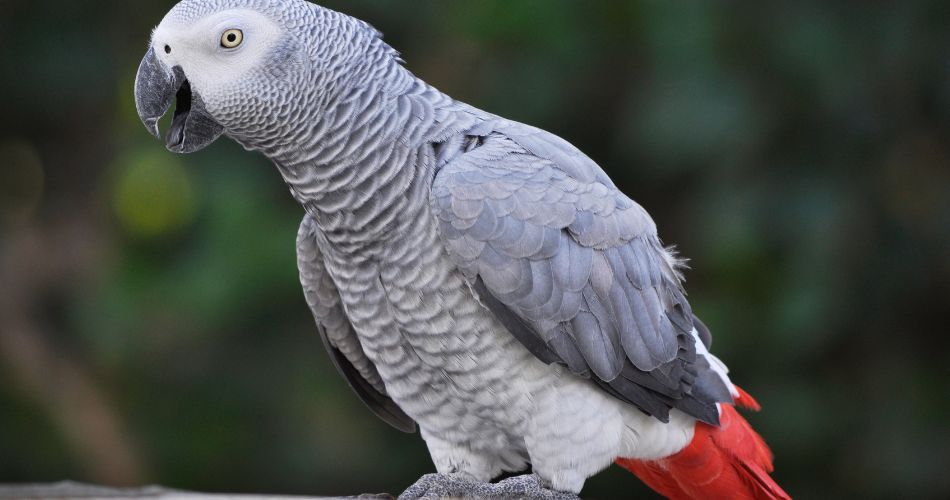
- Parrots Can Live for Decades
Many parrot species have impressively long lifespans. For instance, African grey parrots can live up to 50–60 years in captivity, with some individuals reportedly reaching over 70 years. - They Use Their Feet Like Hands
Parrots are zygodactyl, meaning they have two toes facing forward and two backward, allowing them to grasp objects adeptly. They often use one foot to hold food while eating, showcasing remarkable dexterity. - Diverse and Colorful Species
There are approximately 410 parrot species worldwide, ranging from the small budgerigar to the large hyacinth macaw. Their vibrant plumage and varied sizes make them one of the most diverse bird families. - Exceptional Mimicry Abilities
Parrots are renowned for their ability to mimic human speech and other sounds. African grey parrots, in particular, have demonstrated the capacity to learn and use a substantial vocabulary, sometimes exceeding 1,000 words. - The African Grey Parrot is considered one of the most intelligent bird species on the planet.
These parrots don’t just mimic words—they understand meanings. One famous African Grey, named Alex, was part of a 30-year study by animal psychologist Dr. Irene Pepperberg. Alex could identify colors, shapes, numbers, and even grasp the concept of zero—something very few animals can do. He could use over 100 words meaningfully, ask for what he wanted, and even express frustration or boredom. His intelligence was comparable to that of a 5-year-old human child. - Highly Intelligent Creatures
Parrots exhibit cognitive abilities comparable to those of young children. They can solve complex problems, understand concepts like shape and color, and even invent new words by combining known terms. - Monogamous and Socially Bonded
Many parrot species form strong monogamous pair bonds, often mating for life. These bonds extend beyond reproduction, with pairs engaging in mutual grooming and coordinated activities. - Unique Nesting Behaviors
While most parrots nest in tree cavities, some, like the monk parakeet, build elaborate stick nests. These communal nests can house multiple pairs and are unique among parrot species. - Conservation Concerns
Approximately one-third of parrot species are threatened with extinction due to habitat loss, hunting, and the pet trade. Conservation efforts are crucial to protect these intelligent and charismatic birds.
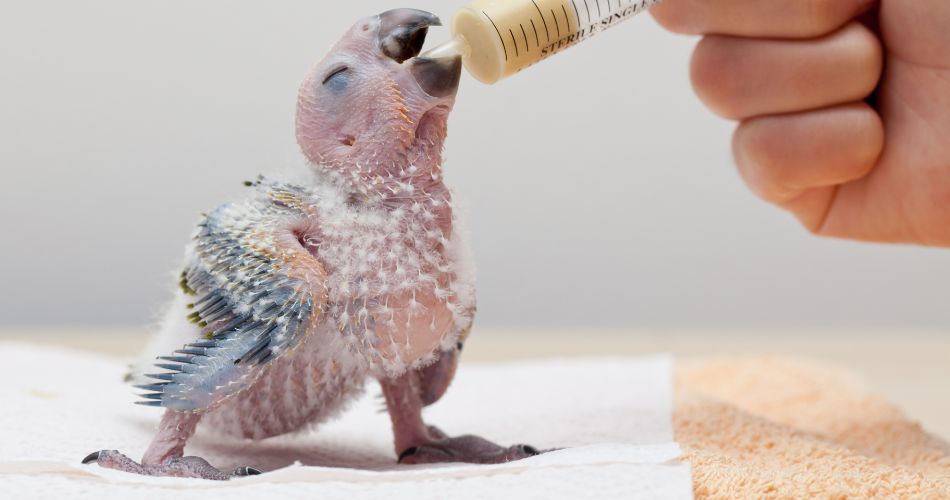
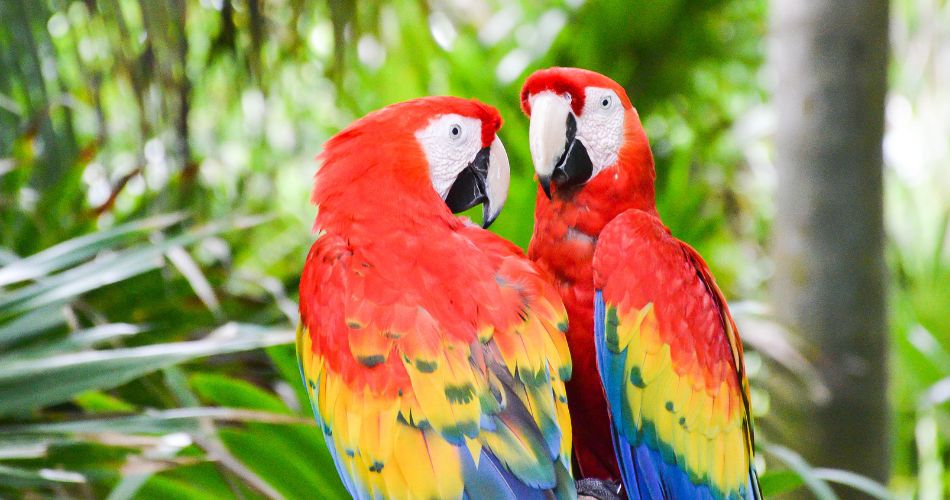
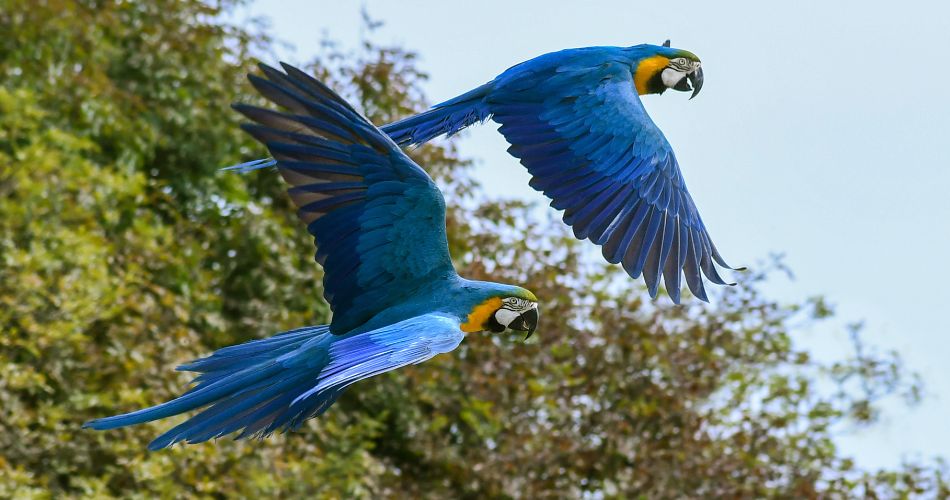
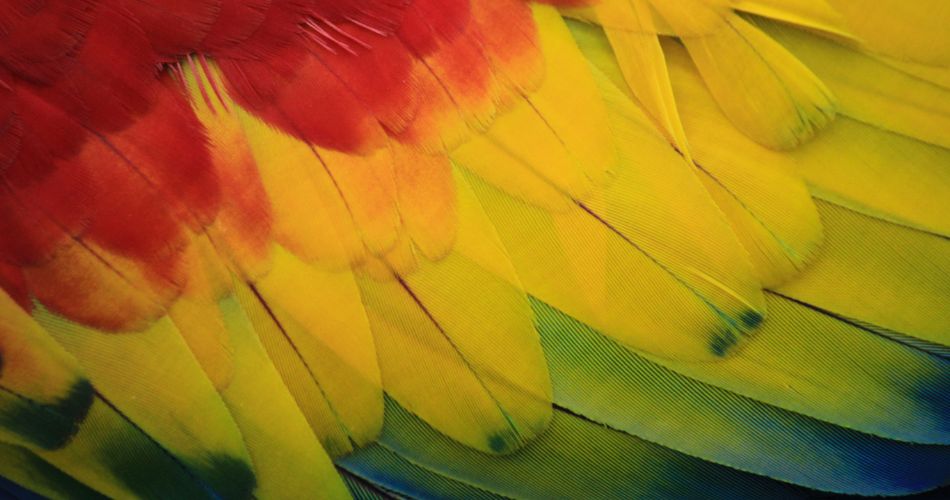
World Parrot Day Dates Table
| Year | Date | Day |
|---|---|---|
| 2025 | May 31 | Saturday |
| 2026 | May 31 | Sunday |
| 2027 | May 31 | Monday |
| 2028 | May 31 | Wednesday |
| 2029 | May 31 | Thursday |
- https://parrots.org/news/worldwide/world-parrot-day-celebrates-20-years-of-protecting-parrots-worldwide/[↩]
Subscribe to our newsletter and never miss a holiday again!

